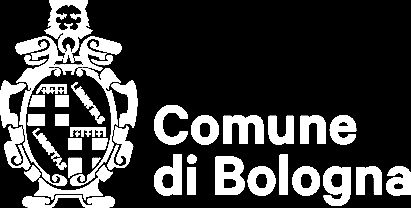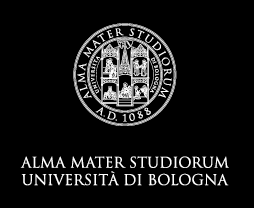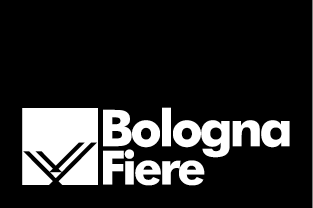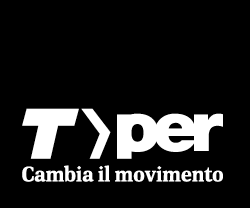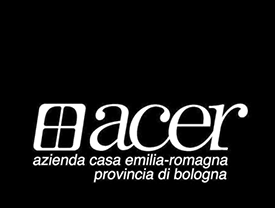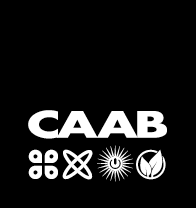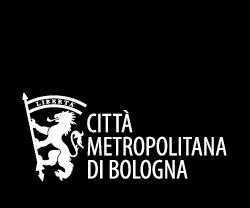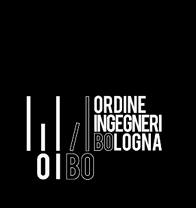Bologna’s historic center is well preserved, full of buildings of historical and artistic interest, squares and special places like the arcades (nominated to become a UNESCO world heritage sites) which, extending for approximately 40 km, connect the center to the rest of the city.
Over the past few years some squares, streets and significant places of the historic center have been requalified to improve urban quality and usability of public spaces.
Over the past few years some squares, streets and significant places of the historic center have been requalified to improve urban quality and usability of public spaces.
In the next future, other parts of the center will be the object of extensive transformation.
Piazza Maggiore
The area stretching from the Two Towers to Piazza Maggiore has been subjected to
meaningful changes. By 2018 the works will have been completed at Palazzo Ronzani, in Piazza Re Enzo, to bring back to life the Cinema Modernissimo, the historical movie theatre of the early 1900s,
which has been disused for several years, and give it back to the community.
In continuity with the project for the new Cinema Modernissimo, the underpasses leading to the movie theatre and the areas between Salaborsa, the Urban Center Bologna and Palazzo d'Accursio will be physically “sewn up” and renovated to host, starting in 2018, the Laboratorio Urbano Aperto (open urban laboratory), where to experiment new models of cooperation among citizens, public authorities, associations and businesses operating in the field of urban innovation, with a special focus on issues related to new economies, the environment, the regeneration and care of the territory.
The area stretching from the Two Towers to Piazza Maggiore has been subjected to
meaningful changes. By 2018 the works will have been completed at Palazzo Ronzani, in Piazza Re Enzo, to bring back to life the Cinema Modernissimo, the historical movie theatre of the early 1900s,
which has been disused for several years, and give it back to the community.
In continuity with the project for the new Cinema Modernissimo, the underpasses leading to the movie theatre and the areas between Salaborsa, the Urban Center Bologna and Palazzo d'Accursio will be physically “sewn up” and renovated to host, starting in 2018, the Laboratorio Urbano Aperto (open urban laboratory), where to experiment new models of cooperation among citizens, public authorities, associations and businesses operating in the field of urban innovation, with a special focus on issues related to new economies, the environment, the regeneration and care of the territory.
University district
The university district around Via Zamboni features 8 university buildings, 6 museums, 3 libraries and the city’s main theatre, as well as illegal activities and forms of decay. From 2017-2020 the area will be the object of significant investments thanks to the European funding allocated to the city of Bologna for the ROCK project – acronym for Regeneration and Optimization of Cultural heritage in creative and Knowledge cities. The project aims to regenerate the area through new environmental, social, economic and sustainable processes.
Montagnola district and the three stations
The Montagnola district is characterized by the presence of kindergartens, important architectural elements, meeting places, the three stations (the central railway station of Bologna Centrale, the Bus Station and Dynamo the bike station) and the weekly market of La Piazzola. The Montagnola Garden, the city’s oldest green area, is therefore at the center of important flows and infrastructure for mobility (both urban and suburban), social life, shopping and sports activities, but it has also been the place of illegal activities and forms of decay for years. The area is currently undergoing a requalification process consisting on the one
hand in promoting initiatives and enhancing existing social, economic and cultural resources, and on the other hand in successfully requalifying the park and surrounding areas (accessibility and connections, permanent and temporary infrastructure, street furniture, plants, etc.) thanks to an international call for proposals.
hand in promoting initiatives and enhancing existing social, economic and cultural resources, and on the other hand in successfully requalifying the park and surrounding areas (accessibility and connections, permanent and temporary infrastructure, street furniture, plants, etc.) thanks to an international call for proposals.
Data
Cinema Modernissimo
Promoters: Cineteca di Bologna (the cinematheque of Bologna)
Source of funding: Municipality of Bologna, Unindustria and many other local and international companies (including Gaumont, Marchesini Group, Pelliconi, Bonfiglioli Riduttori, G.D., Marino e Paola Golinelli, Unicredit, Unipol Banca, Fondazione Del Monte)
Timeframe:
2016 – start of works
2018 – end of works and inauguration
Funds: 3,500,000 EUR
Laboratorio Aperto Project
Promoters: Municipality of Bologna, Urban Center Bologna, Biblioteca Salaborsa, Cineteca Bologna
Source of funding: ROP ERDF 2014– 2020 – AXIS 6 – Attractive and participative cities
Timeframe:
2016 – design and planning of interventions
2017 – project implementation, technological upgrade
Early 2018 – opening tbd
Funds: 3,000,000 EUR
Promoters: Cineteca di Bologna (the cinematheque of Bologna)
Source of funding: Municipality of Bologna, Unindustria and many other local and international companies (including Gaumont, Marchesini Group, Pelliconi, Bonfiglioli Riduttori, G.D., Marino e Paola Golinelli, Unicredit, Unipol Banca, Fondazione Del Monte)
Timeframe:
2016 – start of works
2018 – end of works and inauguration
Funds: 3,500,000 EUR
Laboratorio Aperto Project
Promoters: Municipality of Bologna, Urban Center Bologna, Biblioteca Salaborsa, Cineteca Bologna
Source of funding: ROP ERDF 2014– 2020 – AXIS 6 – Attractive and participative cities
Timeframe:
2016 – design and planning of interventions
2017 – project implementation, technological upgrade
Early 2018 – opening tbd
Funds: 3,000,000 EUR
Rock Project
Promoters: Municipality of Bologna, in partnership with University of Bologna and other 32 European partners
Source of funding: European program Horizon 2020, axis Climate - Greening the Economy in reply to the call Cultural Heritage as a driver for Sustainable Growth
Timeframe:
5 years starting in 2017 (3 years activity + 2 monitoring)
Funds:
10,000,000 EUR – whole project
2,000,000 EUR – Bologna project
Promoters: Municipality of Bologna, in partnership with University of Bologna and other 32 European partners
Source of funding: European program Horizon 2020, axis Climate - Greening the Economy in reply to the call Cultural Heritage as a driver for Sustainable Growth
Timeframe:
5 years starting in 2017 (3 years activity + 2 monitoring)
Funds:
10,000,000 EUR – whole project
2,000,000 EUR – Bologna project


